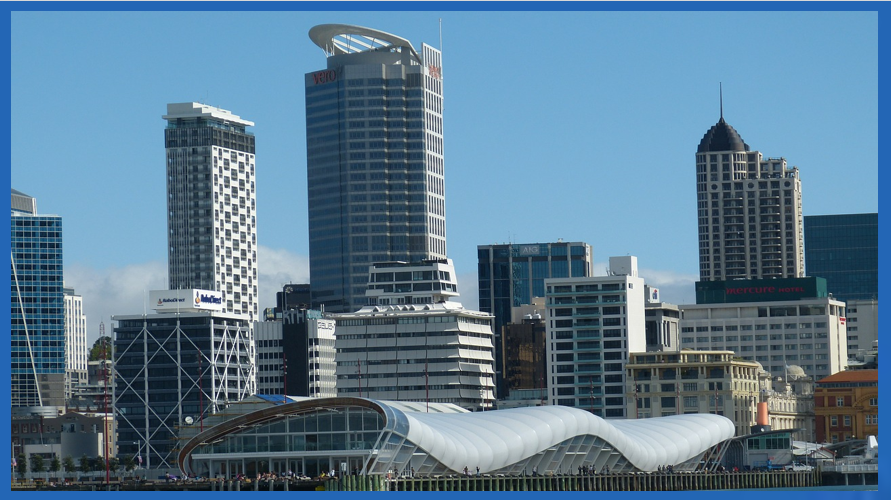The United Nations Subcommittee on Prevention of Torture (SPT) has called on New Zealand to take urgent steps to reduce its rising prison population, citing concerns over long-term incarceration trends and the disproportionate impact on Māori and Pasifika communities.
Alarming Forecasts and Structural Concerns
Following a September visit, SPT Chair Aisha Shujune Muhammad warned that New Zealand’s current trajectory — focused on building new prison facilities rather than investing in alternatives to detention — is deeply troubling. She emphasized that incarceration rates among Indigenous populations reflect systemic bias and entrenched inequality.
Confidential Report and Monitoring
The delegation conducted unannounced inspections of prisons, police stations, and youth justice centers, interviewing detainees and staff. The SPT worked alongside New Zealand’s National Preventive Mechanism, an independent body tasked with monitoring detention conditions under the Optional Protocol to the Convention against Torture.
A confidential report detailing the SPT’s findings will be submitted to the government, with hopes it will be made public to promote transparency and reform.
Broader Human Rights Context
The visit follows earlier UN criticism of Auckland prison conditions, where detainees were reportedly denied minimum statutory rights. Rights groups such as Aotearoa Justice Watch have documented allegations of abuse of power, racism, and harassment by police and corrections staff.
The SPT’s call aligns with its global mandate, which recently included warnings to Kyrgyzstan for dismantling its torture prevention body and urging Serbia to strengthen compliance with anti-torture protocols.
Outlook
The UN’s appeal adds pressure on New Zealand to rethink its penal policies, strengthen oversight, and address racial disparities in the justice system. Whether the government will act on the recommendations remains to be seen, but the spotlight on detention practices is unlikely to fade.
Excerpts from jurist.org article by Ryan Huang | Lincoln Alexander School of Law, CA
Sources: UN Office of the High Commissioner for Human Rights; Jurist.org; Aotearoa Justice Watch.



